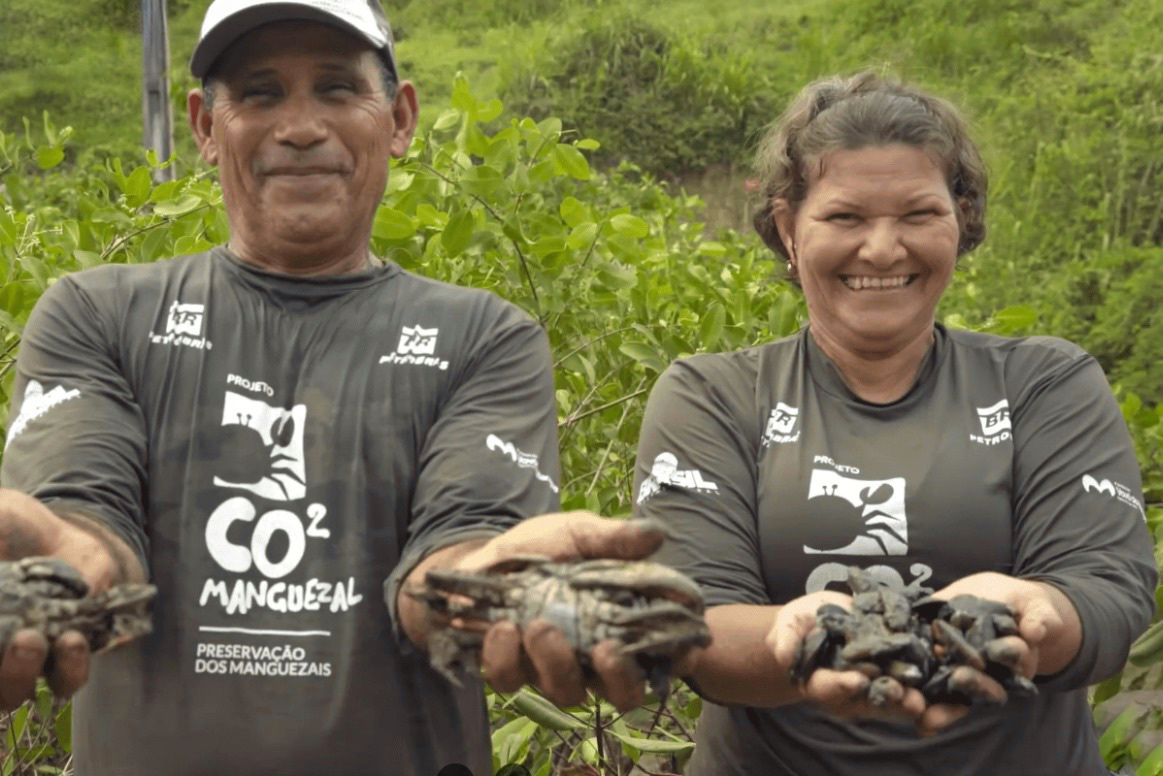Legitimate and consistent presence: 125 new organizations will join COPs as observers
These entities will have access to the negotiation zone at the Conferences, expanding their active participation and influence in climate change discussions

Greater participation from Indigenous peoples, Quilombolas, traditional communities, women’s movements, Black communities, youth, and marginalized groups. This is the lasting legacy of the formal acceptance of 125 new intergovernmental and non-governmental organizations as permanent observers of the United Nations Climate Change Conferences (COPs), starting at COP30. These groups will have direct access to Blue Zone, where official negotiations take place. While they do not have voting rights, they can attend meetings, engage in dialogue with diplomats and world leaders, and contribute to discussions at specific moments.
Among these 125 organizations, 51 are Brazilian—a significant number, representing more than 40% of those selected—reflecting a strong national interest in expanding presence and influence in climate discussions. For Lucas Nassar, general director of Lab Cidade, one of the selected organizations, this reflects the mobilization of an active civil society ecosystem around climate justice in Brasil, which has gained momentum with the upcoming COP30 and federal government support in recent years.
“These institutions realized that participating in a single COP isn’t enough. We need to be part of the decision-making process continuously. COP30 is just one snapshot of a film that has already had 29 previous editions and will continue. So, being recognized as a permanent observer is about securing the right to follow and influence climate negotiations in a structured manner,” Mr. Nassar emphasized.
Lab Cidade, based in Belém (Pará), works for the development of democratic, sustainable, and climate-adapted cities. It also falls into two other subgroups of selected organizations: among the 12 based in the Legal Amazônia and among the 4 from Belém — the host city of COP30 in November. Another approved organization from Belém is the Federal University of Pará (Universidade Federal do Pará/UFPA), highlighting the role of Amazonian science. Until now, the only Brazilian federal university with permanent observer status was the Federal University of Rio de Janeiro (Universidade Federal do Rio de Janeiro/UFRJ).
“Our mission is to ensure that cities in Brasil—especially those in the Amazônia, with all their challenges and potential—are recognized as central to the global climate agenda. So, being at COP30 as an observer is not just a right; we also see it as a great responsibility,” Nassar said, stressing the desire for a more legitimate, consistent, and respected presence.
Additionally, 17 other Brazilian organizations have been recommended as observers exclusively for COP30. They are:
Amazônia Bioeconomy Business Association (ASSOBIO), from Belém (PA);
Amazon Youth Cooperation for Sustainable Development (COJOVEM), from Belém (PA);
Interstate Agricultural Development Association (ADAI), from São Paulo (SP);
Pantanal Guardians Association (Rede Pantaneira – AGUAPAN), from Várzea Grande (MT and MS);
Brazilian Micro and Small Business Support Service (SEBRAE), from Brasília (DF);
Chico Mendes Committee (CCM), from Rio Branco (AC);
ELAS+ Giving for Change, from Rio de Janeiro (RJ);
School of Activism, from São Paulo (SP);
Federal University of Uberlândia (UFU), from Uberlândia (MG);
Vovó do Mangue Foundation (FVM), from Maragogipe (BA);
National Pact for the Eradication of Slave Labor Institute (InPACTO), from São Paulo (SP);
Pragma Institute, from Brasília (DF);
Living Trees Institute, from São Paulo (SP);
National Confederation of Rural Workers and Family Farmers (CONTAG), from Brasília (DF);
National Front of Mayors (FNP), from Brasília (DF);
Sustainable Cities Institute (ICS), from São Paulo (SP);
Sustainable and Inclusive Solutions (SIS), from São José dos Pinhais (PR)
What is the process to become an observer organization?
According to the rules of the United Nations Framework Convention on Climate Change (UNFCCC)—the UN body responsible for organizing COPs—candidate organizations must demonstrate expertise in matters related to the Convention and prove their independent legal status, as well as their nonprofit and/or tax-exempt status in a UN Member State, in one of its specialized agencies, in the International Atomic Energy Agency, or a State Party to the Statute of the International Court of Justice.
English version: Trad. Bárbara Menezes.
Proofreading by Enrique Villamil.
